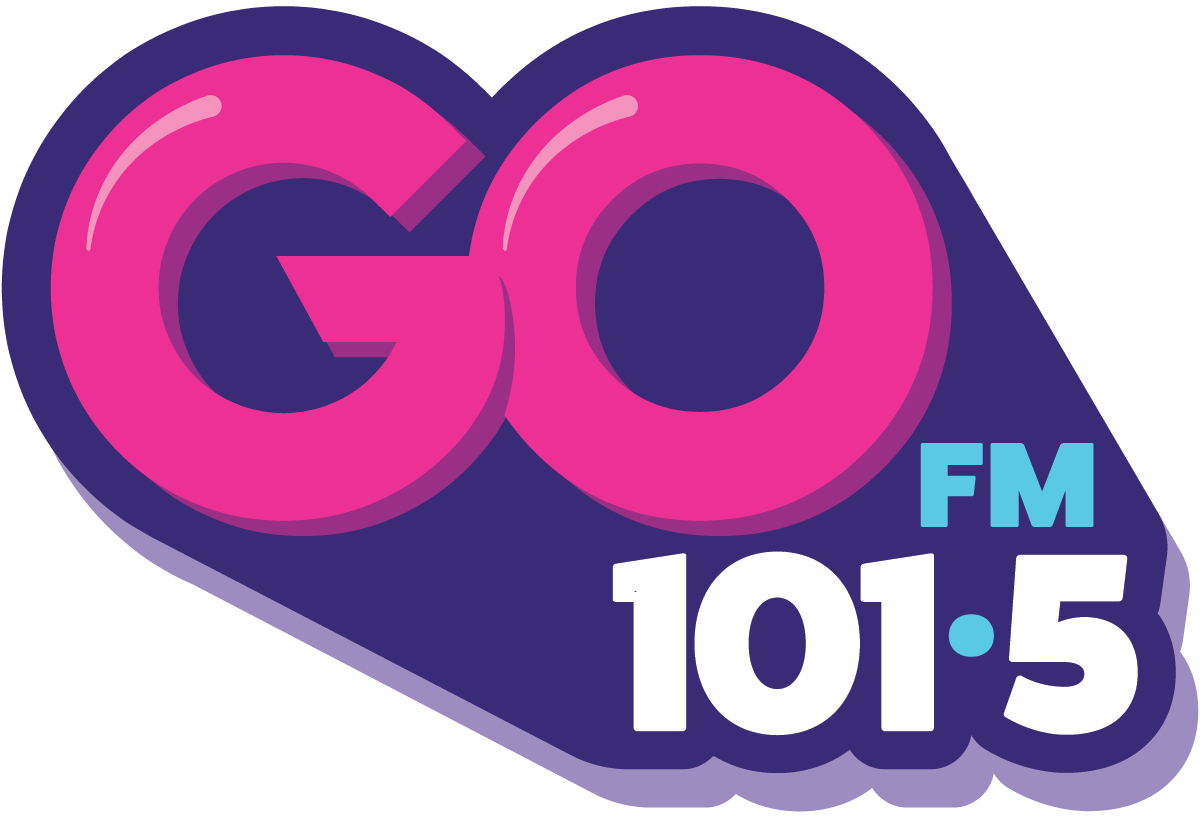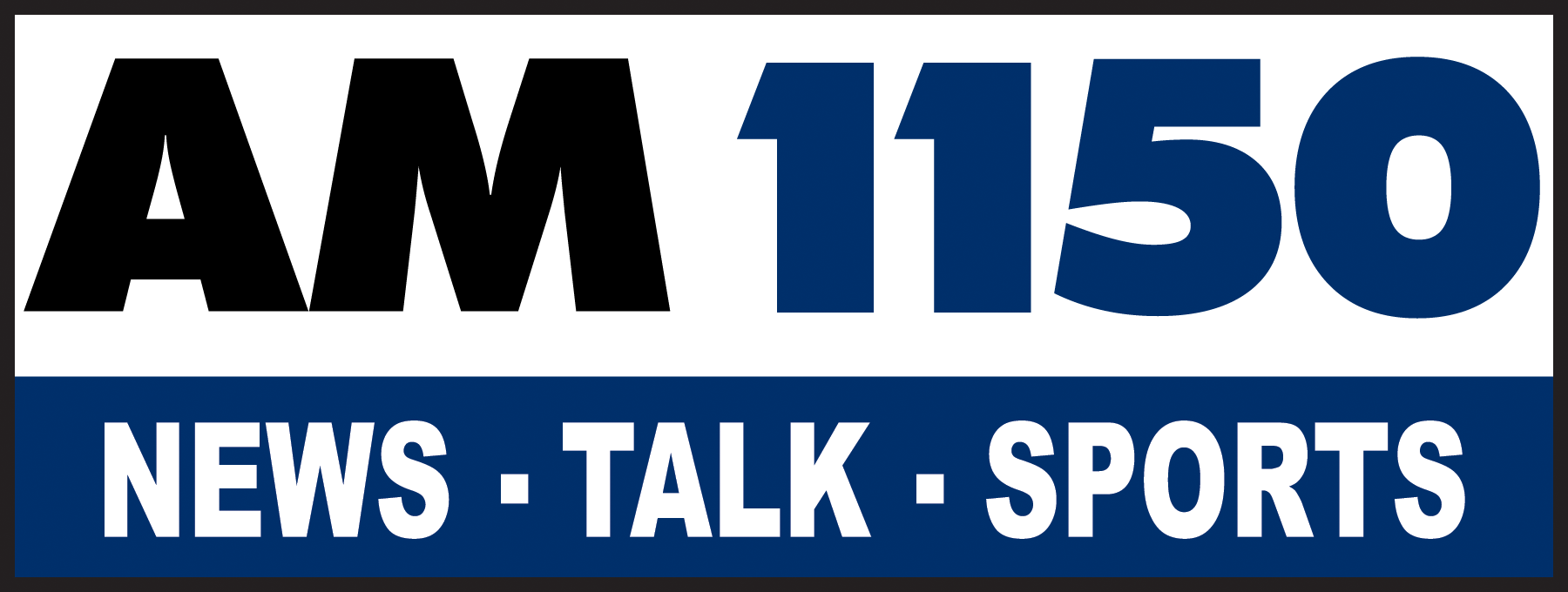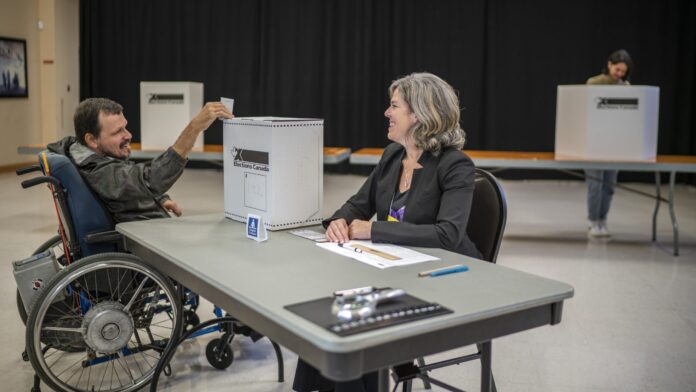It is now 7 p.m. PDT and polls have officially closed across the country in the 2025 federal election.
The counting has been well underway in the rest of Canada east of the Pacific time zone.
The main parties – the Conservative Party of Canada led by Pierre Poilievre, the Liberals led by Mark Carney, and the New Democratic Party, led by Jagmeet Singh – are looking to capture at least 172 seats in the House of Commons to form a majority government. This is based on the new total of 343 seats, reflecting the recent electoral redistribution that added five seats to the previous 338-seat configuration.
Canada employs a first-past-the-post electoral system, where each of the 343 ridings elects one Member of Parliament. The candidate with the most votes in each riding wins the seat, regardless of whether they achieve an absolute majority. This system allows a party to form a majority government without necessarily winning the majority of the national popular vote.
If no party achieves the 172-seat threshold, the result is a minority government. The governing party must then seek support from other parties to pass legislation and maintain confidence in the House of Commons.
The Elections Canada website offers this breakdown of the counting process:
Counting votes
- Trained and paid election workers count the ballots.
- The ballot-counting procedures for federal elections are set out in the Canada Elections Act,
the law that governs federal elections. - Candidates, candidates’ representatives or other designated observers are allowed to watch
the counting of the votes. - Before the count, election workers close the doors of the voting place. No one is allowed to
enter or leave. - The election officer who counts the votes then:
- Counts the number of electors who voted.
- Counts the spoiled ballots, places them in an envelope supplied for this purpose and seals
it. A spoiled ballot is one that became unusable—for example, because it was accidentally
torn by the elector (who was then given a replacement ballot). Spoiled ballots are never
deposited into the ballot box. - Counts the unused ballots that are not detached from the booklets of ballots, places them
in the envelope supplied for this purpose and seals it. - Totals the number of electors who voted, the number of spoiled ballots and the number of
unused ballots to ensure that all ballots provided by the returning officer (i.e. the official who
manages the election in the riding) are accounted for.
- With many people watching, the election officer unfolds each ballot and says aloud the names
marked on each ballot taken out of the ballot box. - Staff tally up the votes, record the tallies on paper and report the totals to the returning officer.
- The returning officer records the vote counts in a computerized results aggregation and
reporting system that securely sends the information to Elections Canada’s main office.
In the last general election on Sept. 20, 2021, there were 17,209,811 votes cast for a turnout of 62.6 per cent.





